One of the two brothers who mounted the Charlie Hebdo massacre in Paris last Wednesday, killing 12 people, was obsessed with violence and just two months ago debated the issue of murdering people in the name of Islam with his spiritual guide.
That revelation came on Tuesday morning in a French television interview with the man who 10 years ago turned Chérif Kouachi from a 22-year-old pot-smoking wannabe rap star, into a devout Muslim bent on fighting U.S. troops in Iraq. Kouachi, who was killed by police with his elder brother Saïd, became more radical than his mentor. “With him it always came back to the same conversation, everything revolved around combat,” said Farid Benyettou, 32, who is now a trainee nurse at a Paris hospital. “That is the only thing that interested him. So our discussions were around that subject.”
The interview was aired as four Jewish victims of Kouachi associate Amedy Coulibaly were buried in Jerusalem and Bulgarian police said they had arrested a man associated with the Kouachi brothers. Fritz-Joly Joachin, 29, was arrested under two European arrest warrants, one citing his alleged links to a terrorist organization, and a second for allegedly kidnapping his 3-year-old son and smuggling him out of the country, said Darina Slavova, regional prosecutor of the southern province of Haskovo on local television.
In 2004, Benyettou was the spiritual leader to a group of Muslim youth in Paris’s northeastern 19th district, which has a high concentration of immigrant families from North and West Africa. Benyettou’s followers were French-born Muslims of immigrant parents, and several of them then traveled to Iraq to fight with al-Qaeda. The youth came to be known as the Buttes-Chaumont group, after the local park where they exercised in order to train for combat. In a high-profile trial in Paris in 2008, Benyettou was convicted of recruiting Parisian youth to fight in Iraq, while several of his acolytes received jail terms for furthering terrorism. Chérif spent 18 months in jail and Benyettou served three years, emerging from prison in 2011 claiming to be a reformed man.
Speaking to French news channel iTele over coffee in a Paris café in a beige sweater, his face hidden from the camera, Benyettou said he had last seen Chérif two months ago. At that point, he tried to persuade him that there were limits to jihad — a discussion he suggested was a regular point of argument between them.
He said that two months ago, Chérif was keen to discuss Mohamed Merah, a 23-year-old French-born Muslim of Algerian parents — just like Chérif and Benyettou — who went on a shooting spree in the southern city of Toulouse in 2012, killing three children at a Jewish school, and four others. “We came back to the Merah affair,” Benyettou says. “I said I was against what happened…. I was against the assassination of a child… He seemed to have accepted the criticism, accepted things he had not accepted previously.” Ultimately, he said, Chérif was “guided by ignorance.”
Benyettou used his interview also as a defense of himself, saying he believed that killing civilians was “terrorism.” French police questioned him after the Charlie Hebdo massacre, while the Kouachi brothers were still on the run — police cornered and killed them last Friday — but let him go after several hours.
Still, Benyettou’s revelations again raise the question of how many people realized that Chérif Kouachi and his older brother Saïd might be plotting an attack, and why they did not inform French police.
Neighbors of the Kouachis in the Paris suburb of Gennevilliers even broke into their apartment, because they were so concerned that they might be plotting an attack, since they heard incessant Koranic chanting through the walls. There, they told a reporter, they found a “cache of arms.” The brothers returned while they were still inside, and threatened to harm them if they went to the police. They did not — and sometime later, the brothers mounted their attack on Charlie Hebdo.
Large Crowds Rally Against Terrorism in Paris After Attacks
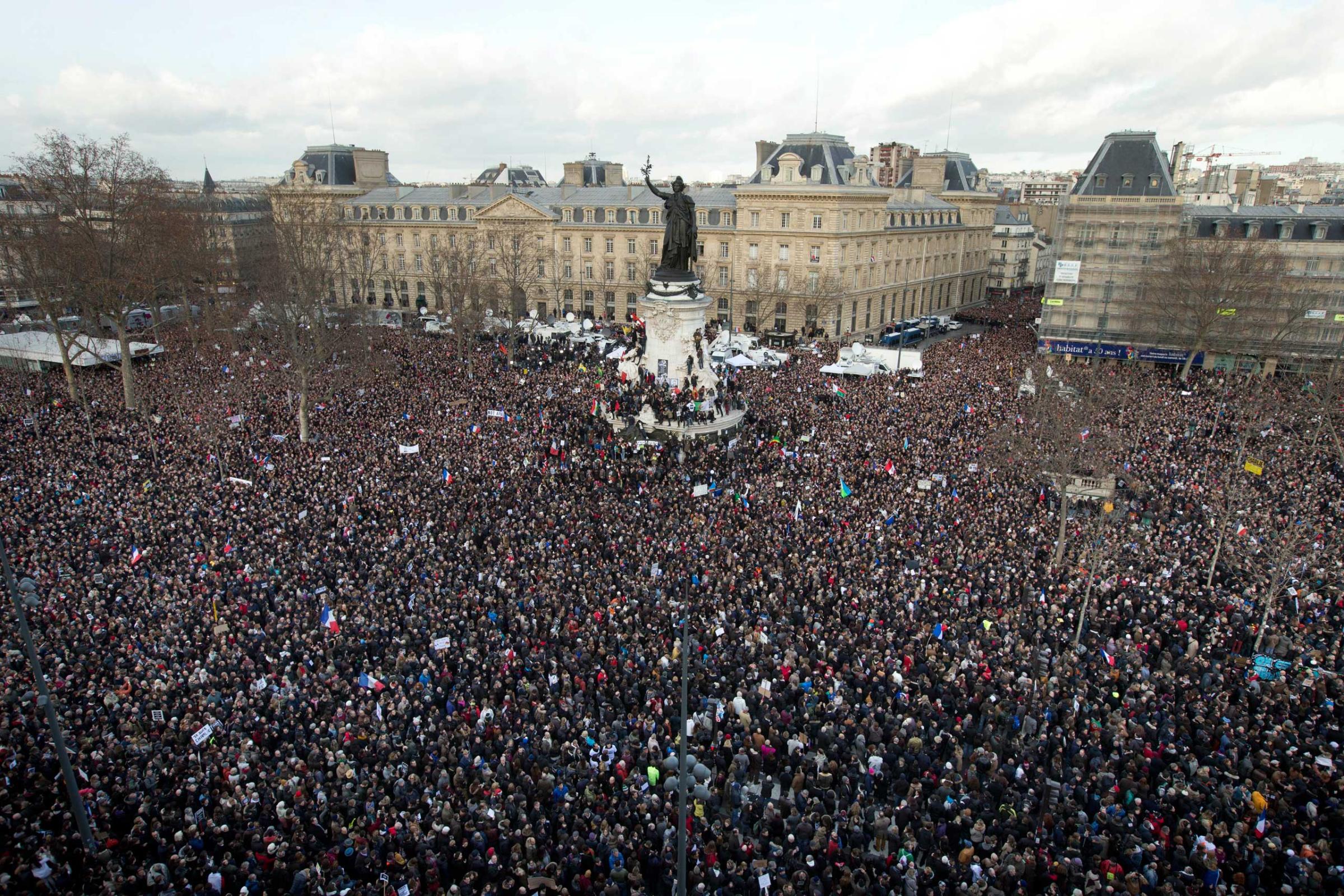
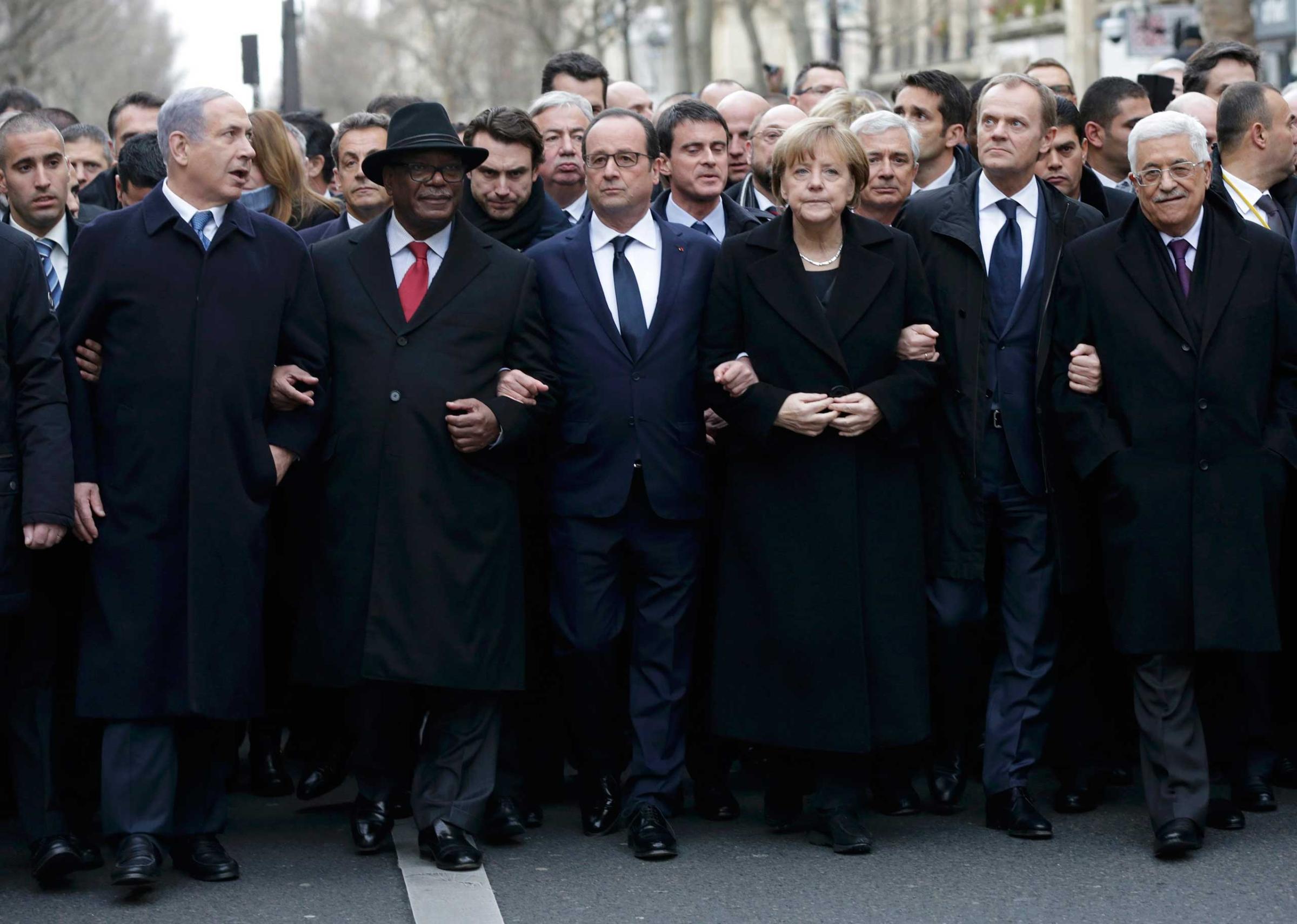
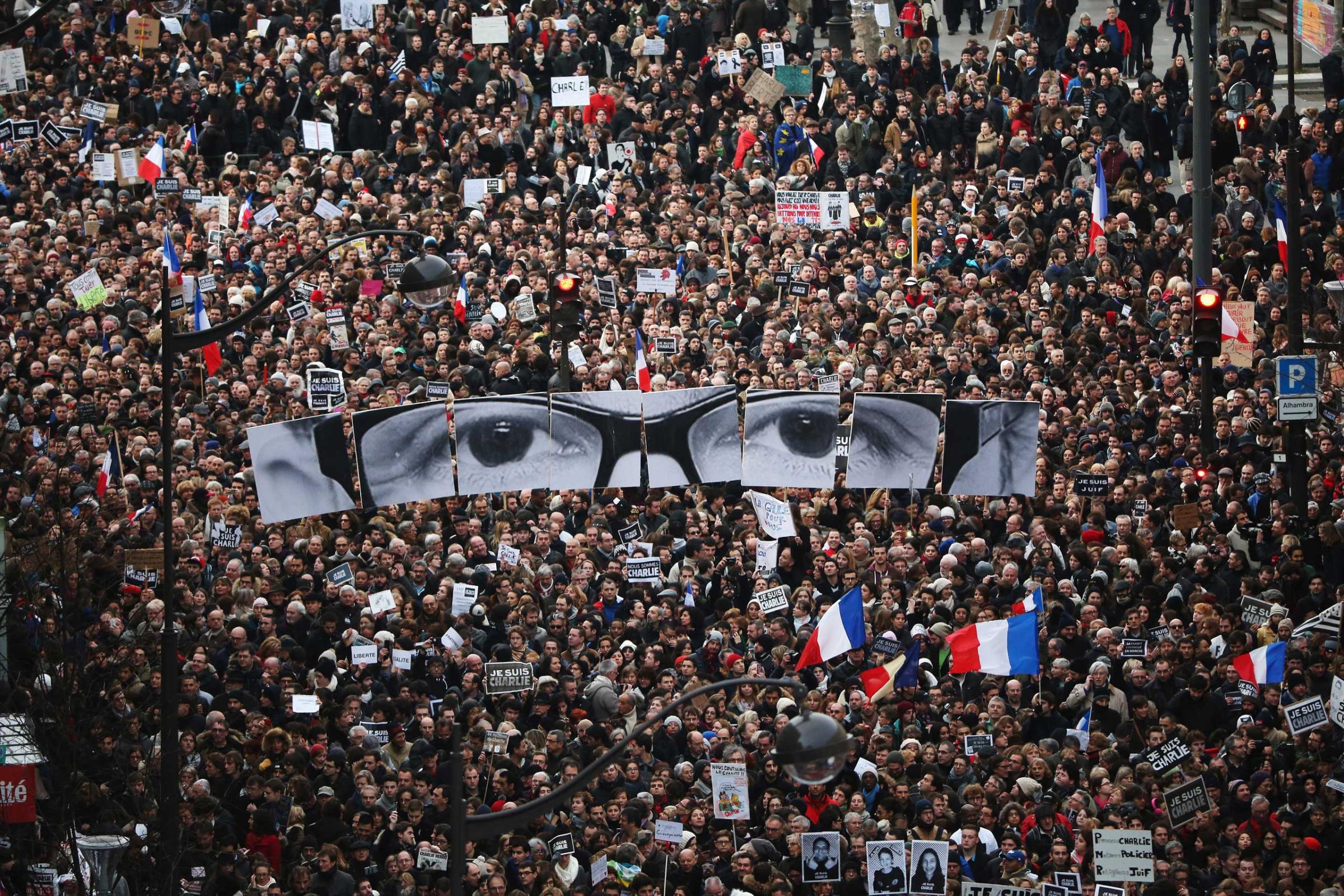
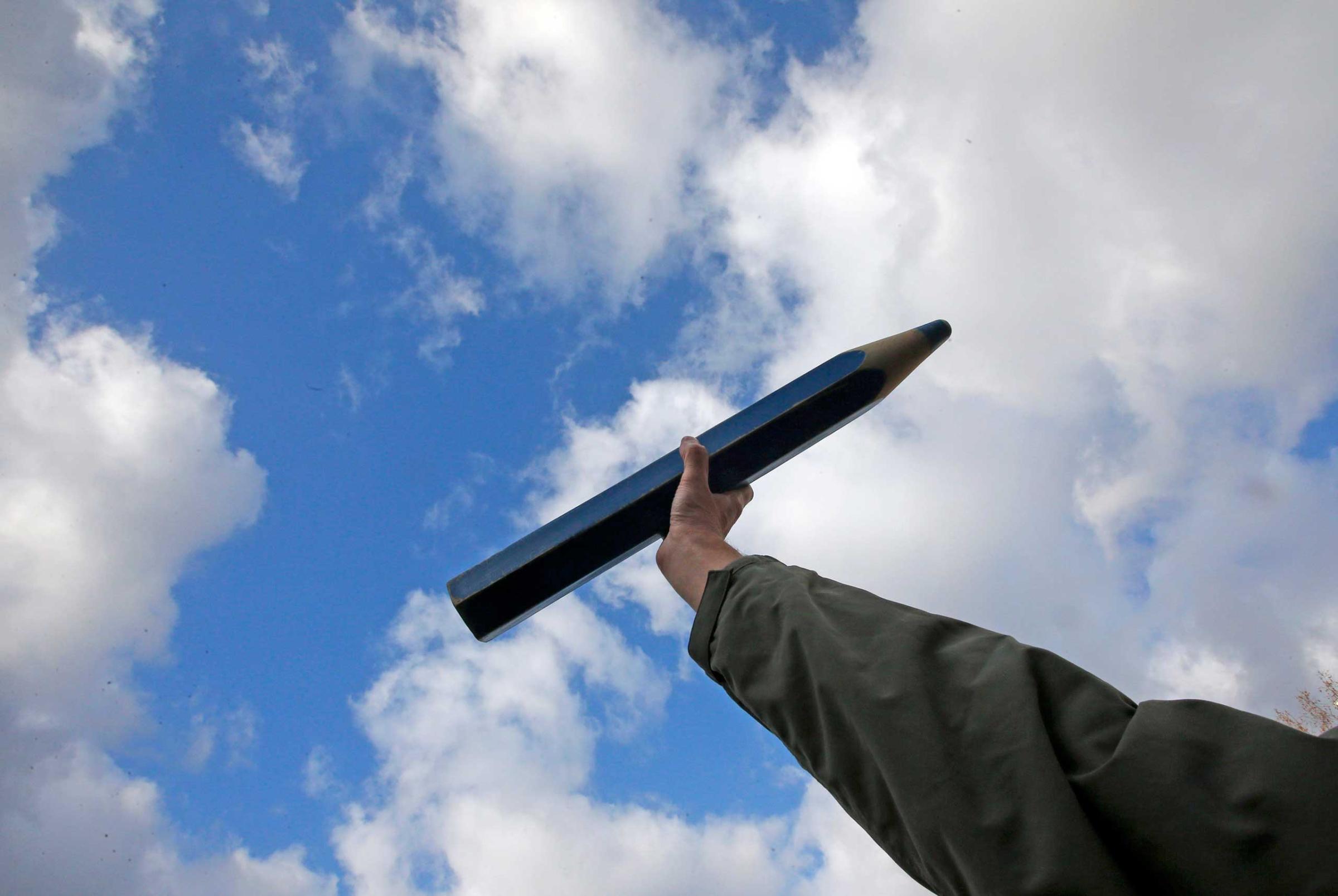
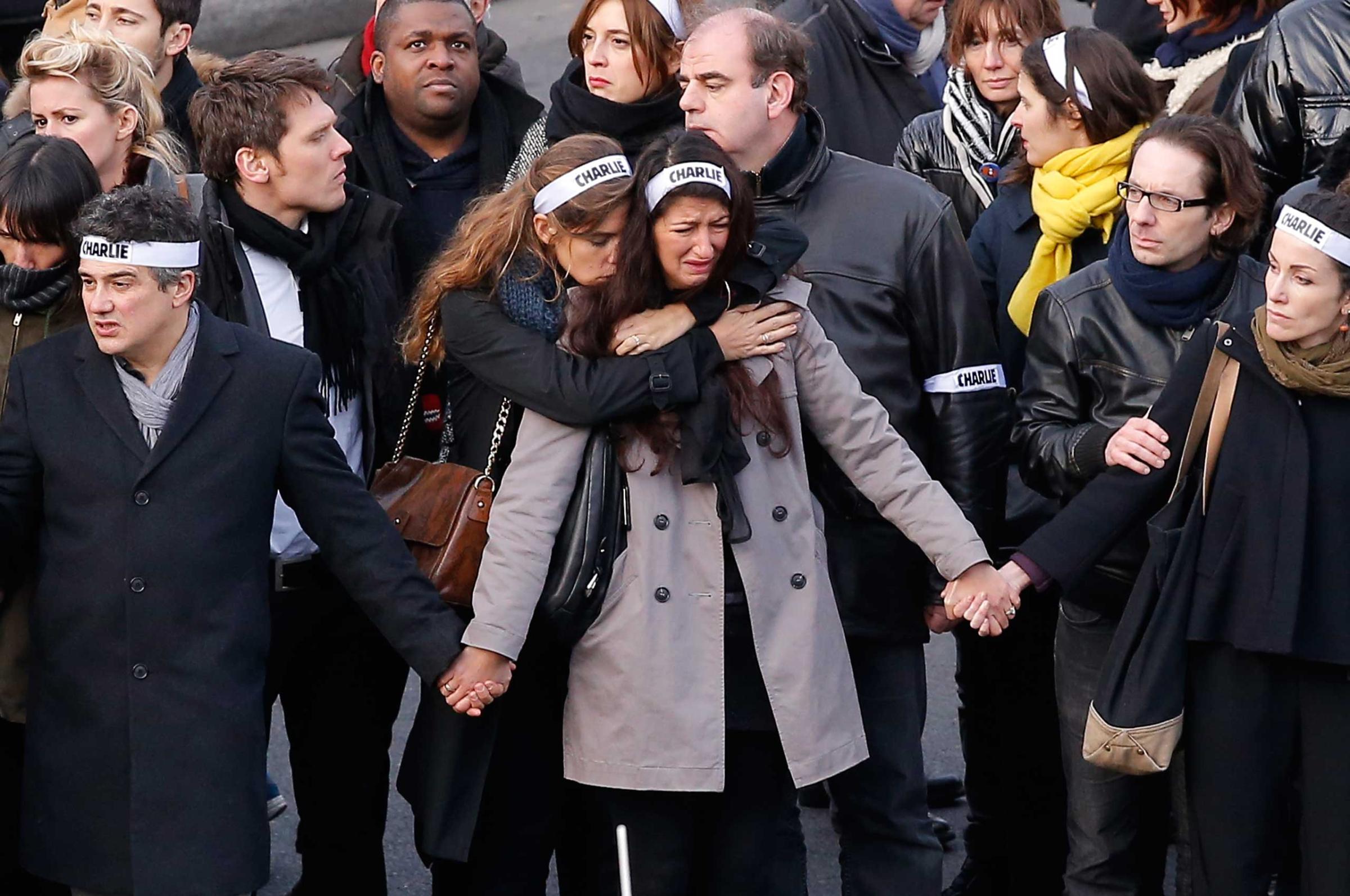
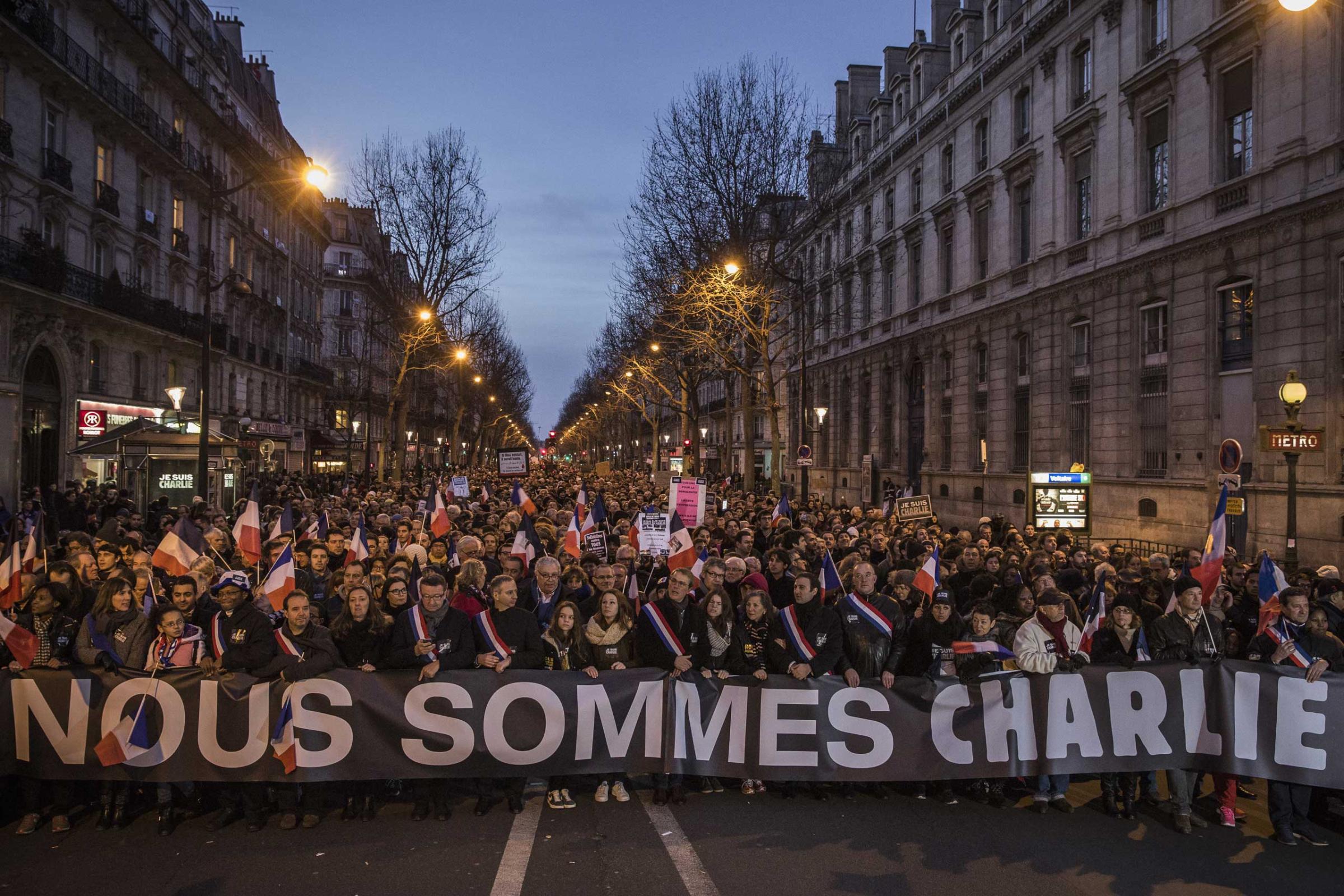
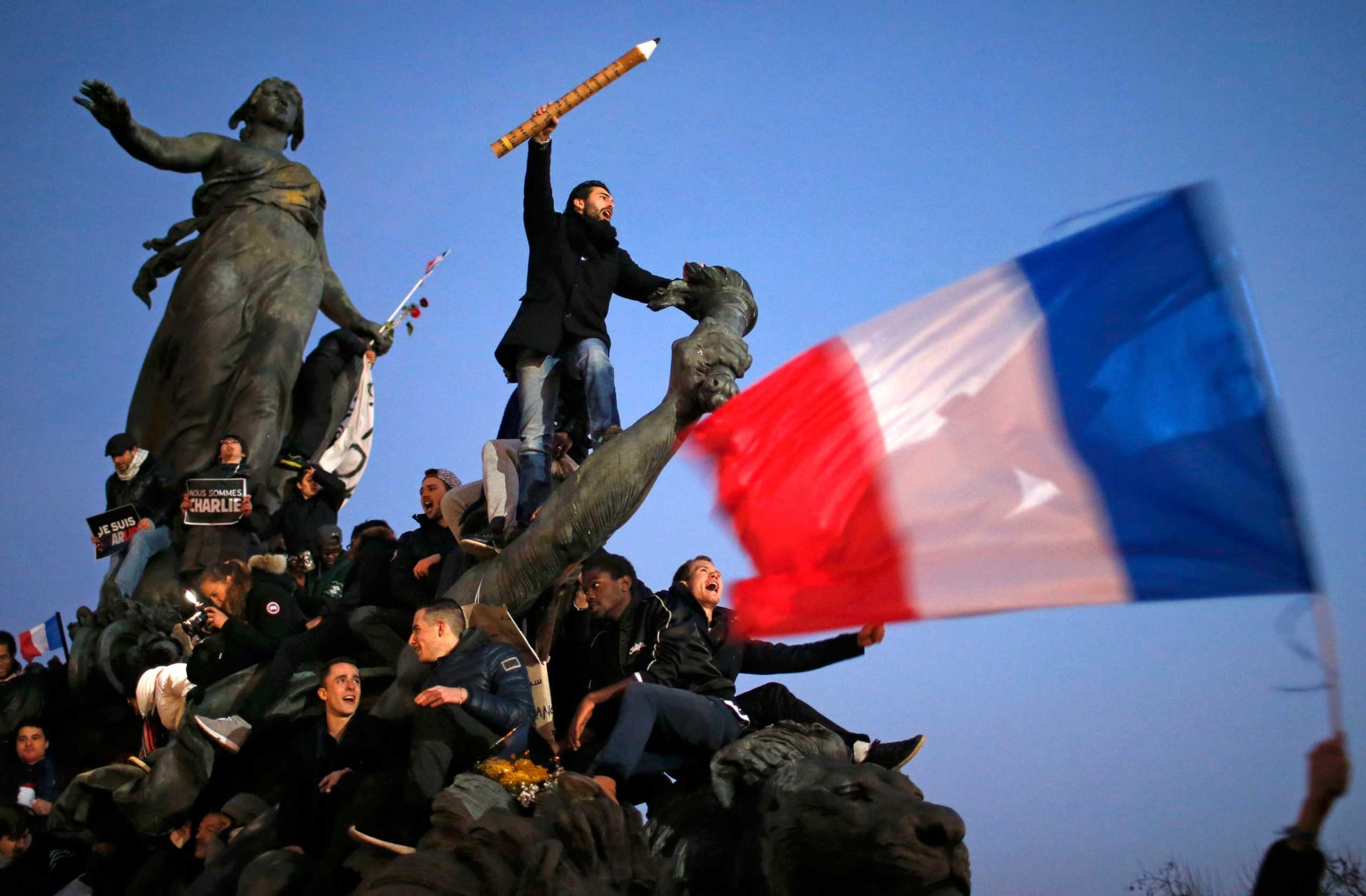
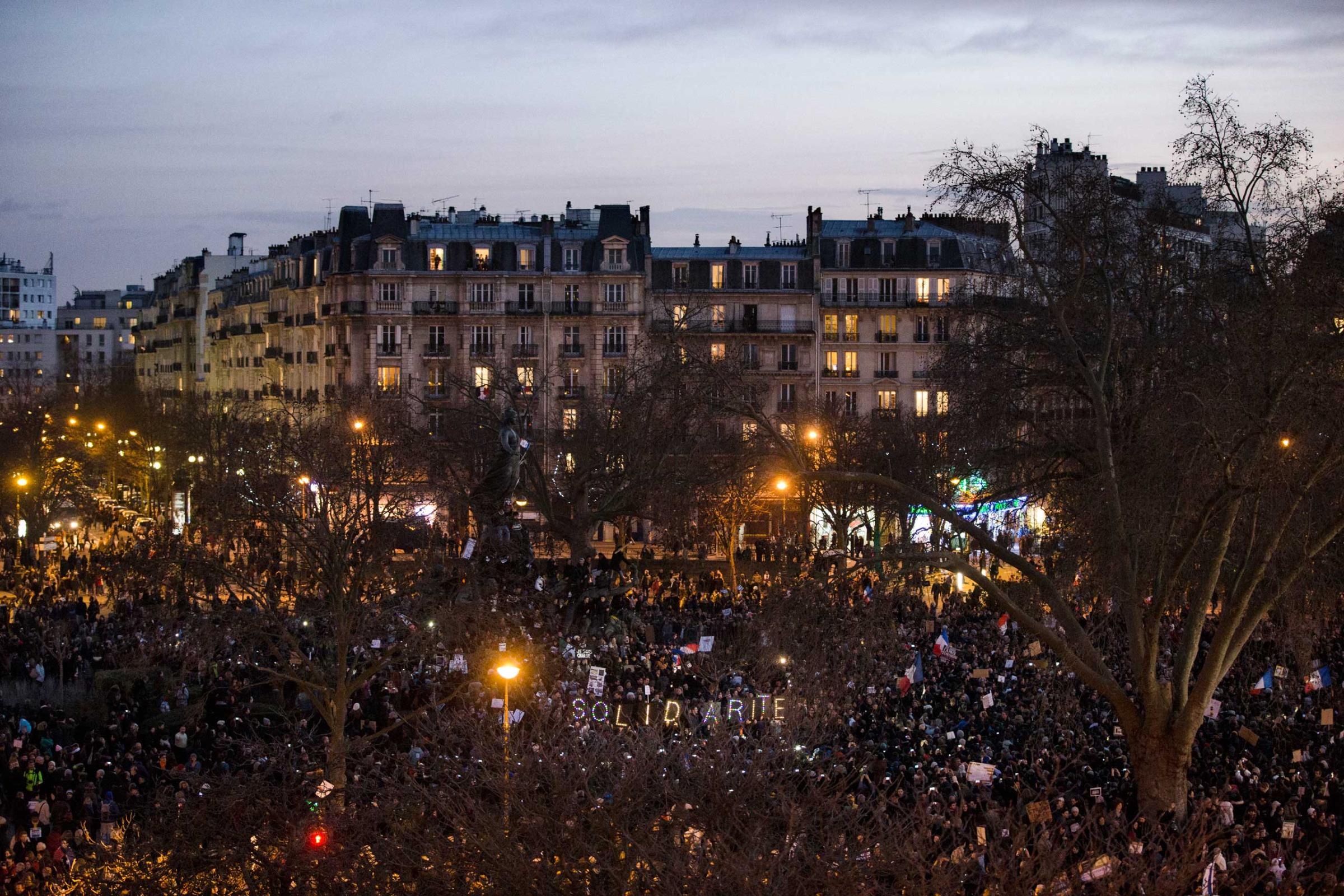
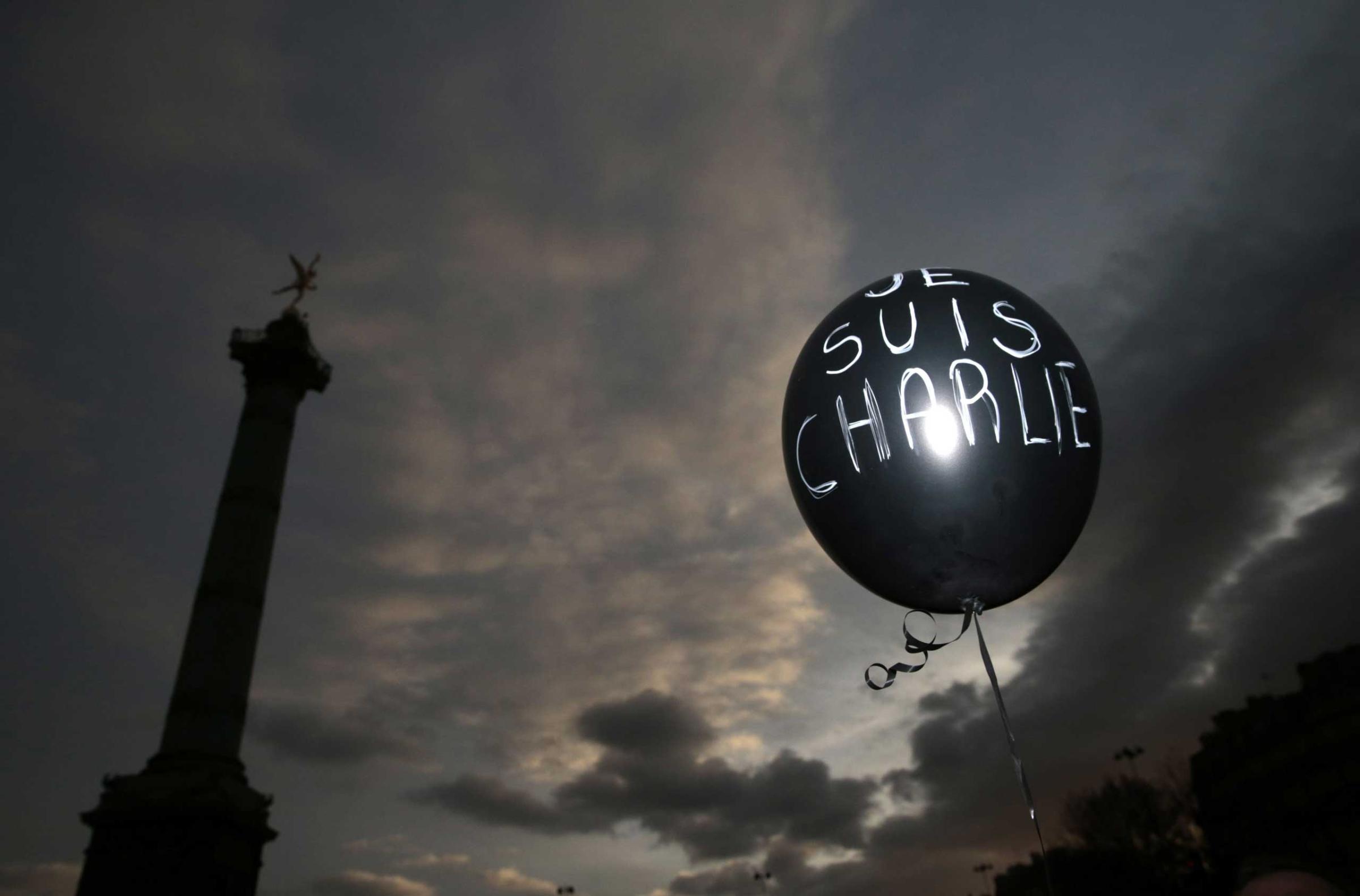
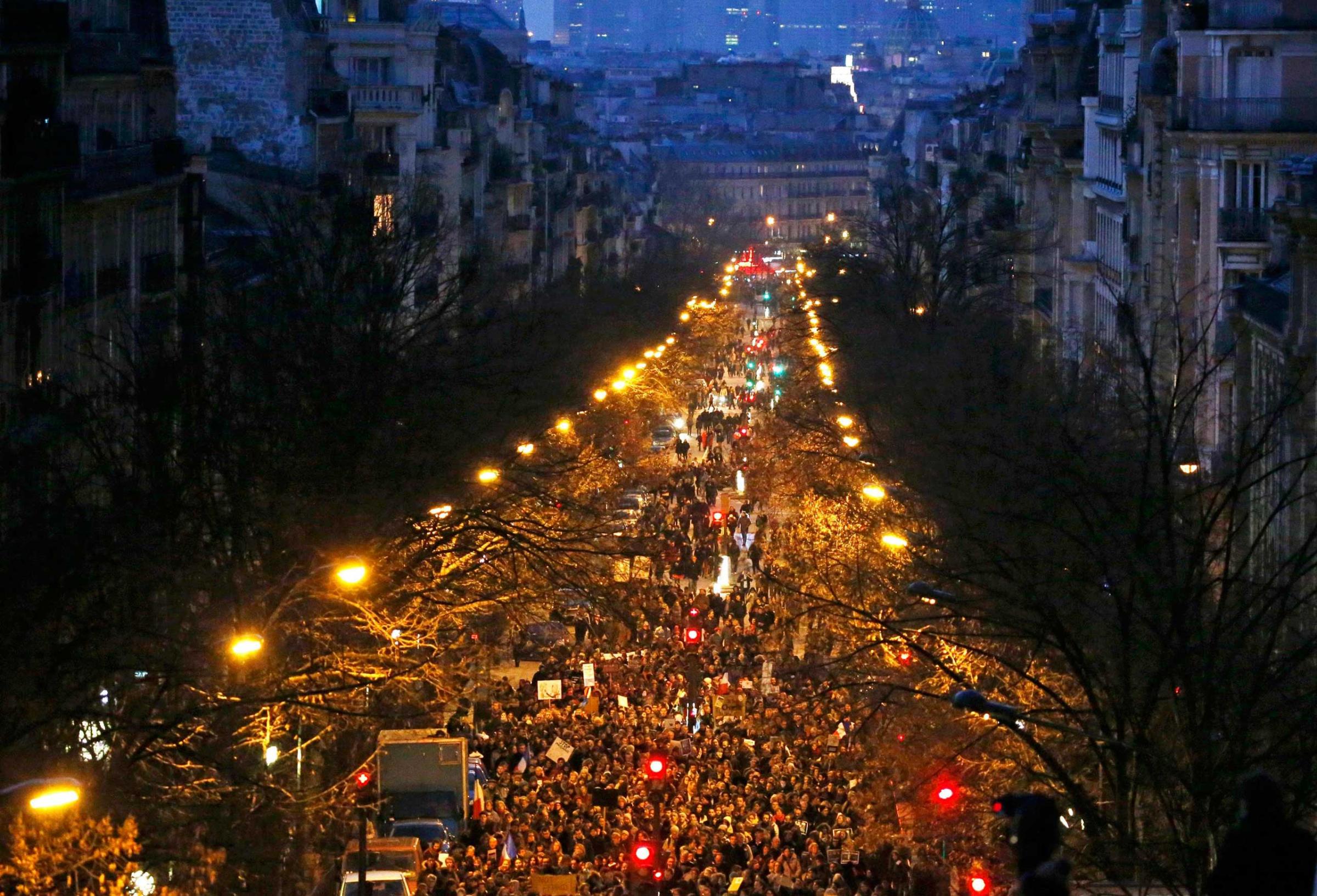
Read next: Charlie Hebdo Afflicted Us With Free-Speech Hindsight
More Must-Reads from TIME
- Caitlin Clark Is TIME's 2024 Athlete of the Year
- Where Trump 2.0 Will Differ From 1.0
- Is Intermittent Fasting Good or Bad for You?
- The 100 Must-Read Books of 2024
- Column: If Optimism Feels Ridiculous Now, Try Hope
- The Future of Climate Action Is Trade Policy
- FX’s Say Nothing Is the Must-Watch Political Thriller of 2024
- Merle Bombardieri Is Helping People Make the Baby Decision
Contact us at letters@time.com